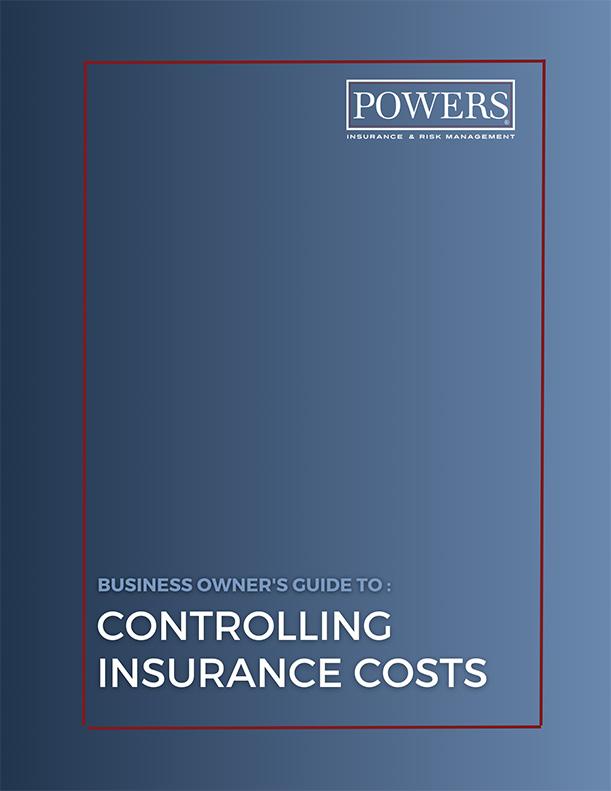Does Missouri’s Workers Compensation statutes require post-accident drug testing, and is that affected by the recent passing of Amendment 3?
As the employer, you are always liable for the safety and well-being of your employees in their work environments, and this includes promoting and maintaining a drug-free workplace. But with the passing of Amendment 3 in Missouri, you may have found that questions now need to be answered:
- How do you manage safety and compliance issues arising from the legal use and possession of marijuana by your employees?
- What are your rights and expectations as the employer, particularly with regards to Workers Compensation?
- What sort of drug or impairment testing do you, as an employer, have the right to request after an on-site accident?
Amendment 3, which took effect on December 8, 2022, legalized the production, manufacturing, possession, and use of recreational marijuana, a change to an earlier version of the law that broadens earlier legislation permitting marijuana for medical use only.
We’ll explore how this change in Missouri state law alters your rights and liabilities as an employer, and how it alters the application of Missouri Workers Compensation laws, so that you can best protect your company and employees in the workplace.
What Does Amendment 3 Mean for Employers?
First, it is important that you understand that Amendment 3 expressly prohibits you as an employer from discriminating against a potential, current, or past employee:
One of the intended purposes of these new laws is to protect those who have a medical need for using and possessing marijuana, and as such it should not factor into the decisions you, the employer, make about employment status of an individual. That includes decisions made about the hiring or termination of an employee.
However, this new legislation does provide a level of protection for employers by prohibiting an employee from bringing charges against their employer should the employer discipline the employee, or terminate employment, because the employee was “working or attempting to work” while under the influence of marijuana. As an employer, you still have the expectation and the right to establish and enforce a drug-free workplace and protect your workforce. But there are some key steps that you will need to take along the way to ensure that you are protecting both your rights and those of your employees, whether or not they partake in marijuana.
What Does Amendment 3 Mean for Workers Compensation?
First, it is important to remember that employers are still required to provide a safe working environment, and subsequently they are still liable to:
“…furnish compensation under the provisions of this chapter [Title XVIII LABOR AND INDUSTRIAL RELATIONS] for personal injury or death of the employee by accident or occupational disease arising out of and in the course of the employee’s employment.” (287.120.1)
Amendment 3 does not relieve an employer of the necessity to protect their employees from danger and disease relative to the environment in which they work. But such protection could include protecting employees from the harm inflicted by an inebriated employee in the workplace.
As such, it is important that your employee handbook and policies clearly states a zero-tolerance stance with regards to the use and possession of drugs, or the appearance of an employee in an inebriated state, in the workplace. Because Missouri Workers Compensation statutes do not require employees to consent to taking post-accident drug testing, your company policy should clearly state what requirements are expected with regards to post-accident drug testing; and you should have that policy readily available for employees to review. It is also a good idea that the explanation of your policy includes the expectation that both you, as the employer, and the employee will agree to follow a specific course of action should an incident occur in the workplace. This explanation should explicitly state that you are reserving the right to require a drug test as a part of the workers compensation process following accidents in the workplace.
Additionally, consider which types of employment within your company may need supplemental policies. For workplace roles that are responsible to operate heavy machinery, driving vehicles, or other potentially dangerous tasks, you should be quite clear that the State of Missouri is still enforcing laws against doing such tasks when the operator is inebriated or under the influence of drugs, alcohol, and other specified substances (e.g., illicit drugs and prescriptions that are listed on Schedule I or II of the DEA’s table of potential abuse and dependence).
Let your employees know that you abide by the State and Federal guidelines and also have zero-tolerance for operating/driving while under the influence.
Setting up a new framework for your policies might feel like a lot of work right now, but it is going to have significance when an accident happens in the workplace and you want to require an employee to take a drug test or they need to file a Worker’s Comp claim. Present a clear expectation that drug tests will take place after an accident, no matter the situation. You can also explain that an employee still has the right to refuse to take a drug test, but if they do so, the Missouri Workers Compensation statutes will view this as a forfeiture of any right to compensation when an employer has “sufficient cause to suspect” that the employee was under the influence while working. Work with a Risk Management professional, and your Legal and HR teams, so that you can clearly state what constitutes sufficient cause in this situation.
An employee with a positive drug test will now be in the position of having to prove their claim as the “preponderance of the evidence” releases their employer from liability. This simply means that the burden of proof transfers to the employee to show that something else, outside of their inebriated state, could have caused the accident. However, Missouri Workers Compensation statutes still make allowances for claims to be paid even if the employee tests positive for use; a positive test result does not necessarily compromise the claim unless the employee was using an inebriating substance while they were on the clock.
Though Workers Compensation insurance can still deny a claim outright if drug/alcohol intoxication is the proximate cause of injury, they may also simply cut Workers Compensation benefits to fifty percent for a positive test where the employee has no proven on the clock consumption. Employers should also be aware that if they fail to prove on the clock marijuana consumption or inebriation, employees could have grounds to pursue a legal suit, and are likely to do so, after receiving a denied claim or fifty percent cut in benefits. Jury trials have very often resulted with decisions made on the side of the employee, even when there was evidence of recreational marijuana use.
In other words, injured employees with failed marijuana tests still typically get their Workers Compensation claim paid. You should not count on a positive test or a jury trial as a means to avoiding payment. Taking action now to appropriately manage your risks protects both the employer and their employees.
Next Steps
- Familiarize yourself with the new Amendment. The Missouri Constitution is freely available online by visiting the Secretary of State’s website. Specifically look over Article XIV, Sections 1 and 2, and make sure that both your legal and HR departments are familiar with this change in the law. Make a note of any questions you may have for a Risk Management professional.
- Have your employee handbook and policy signage reviewed so that your zero-tolerance policy is clearly stated. Again, explicitly state what are the employee rights, your expectations for employee conduct when they are on the clock, and lay out the course of action you plan to take after an on-site accident.
- Schedule some time to consult with a Risk Management professional. Powers Insurance has specialists in the field of cannabis and we would be happy to sit down and review your specific situation and discuss how we can help you mitigate risks and liabilities in the workplace. Click here to fill out our contact form and get connected today with a Risk Management professional to start the process of evaluating your needs.
The changes in Missouri law and constitution do not have to create problems for your company. If you take some time to work through what Amendment 3 means for the workplace, and speak to a Risk Management professional, you will be able to create a policy that promotes an open, healthy workplace and protects both you and your employees.





